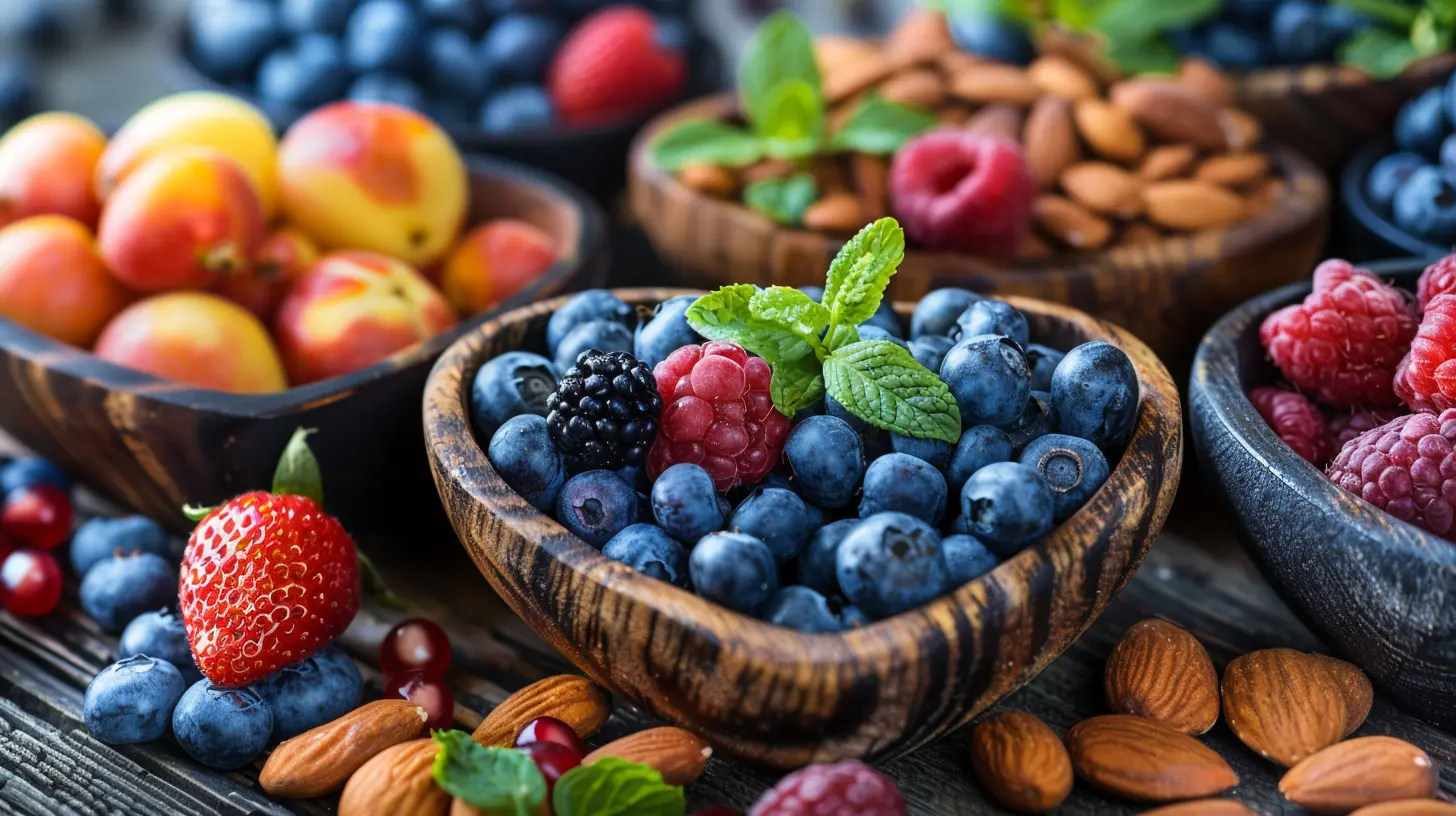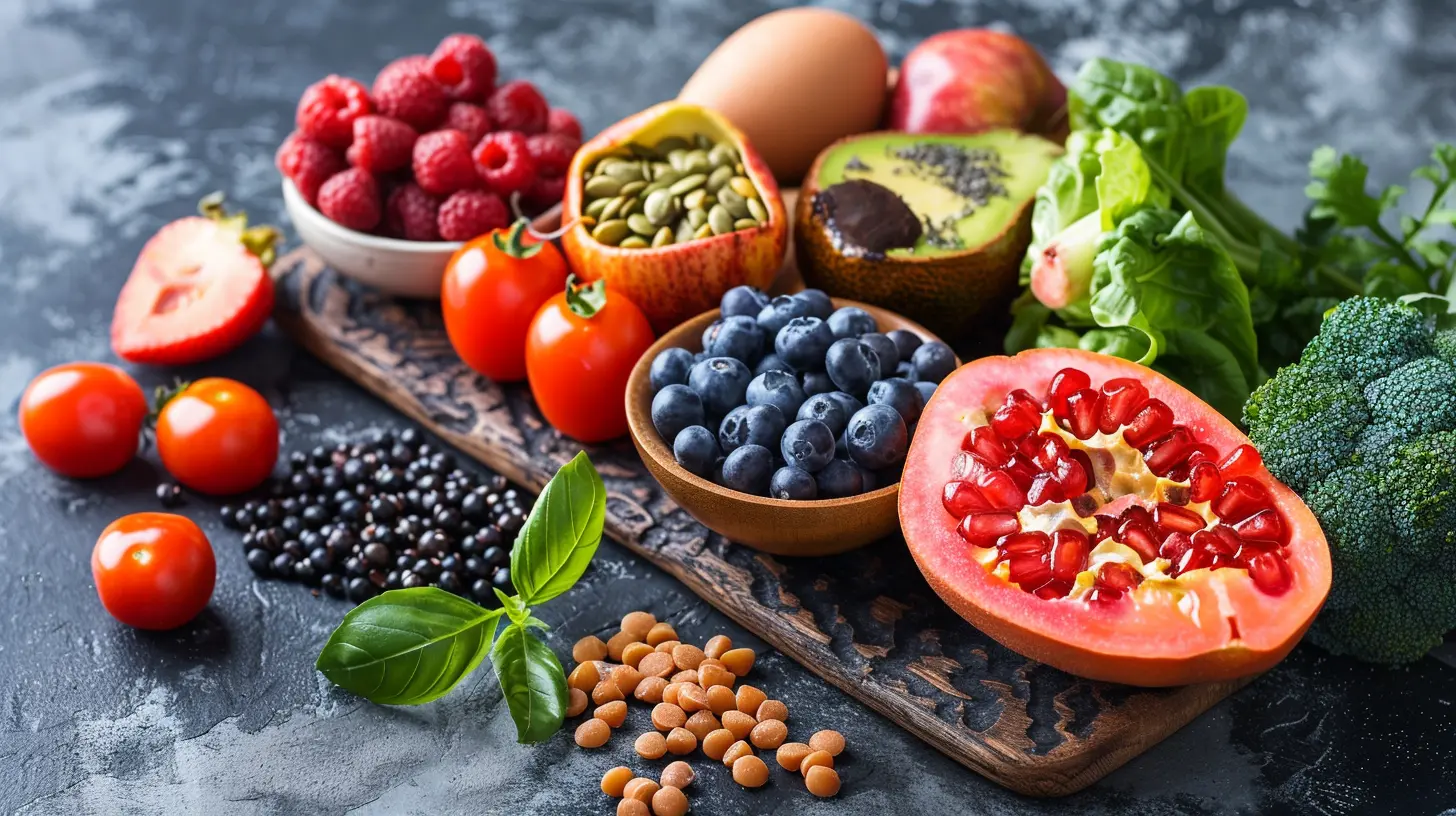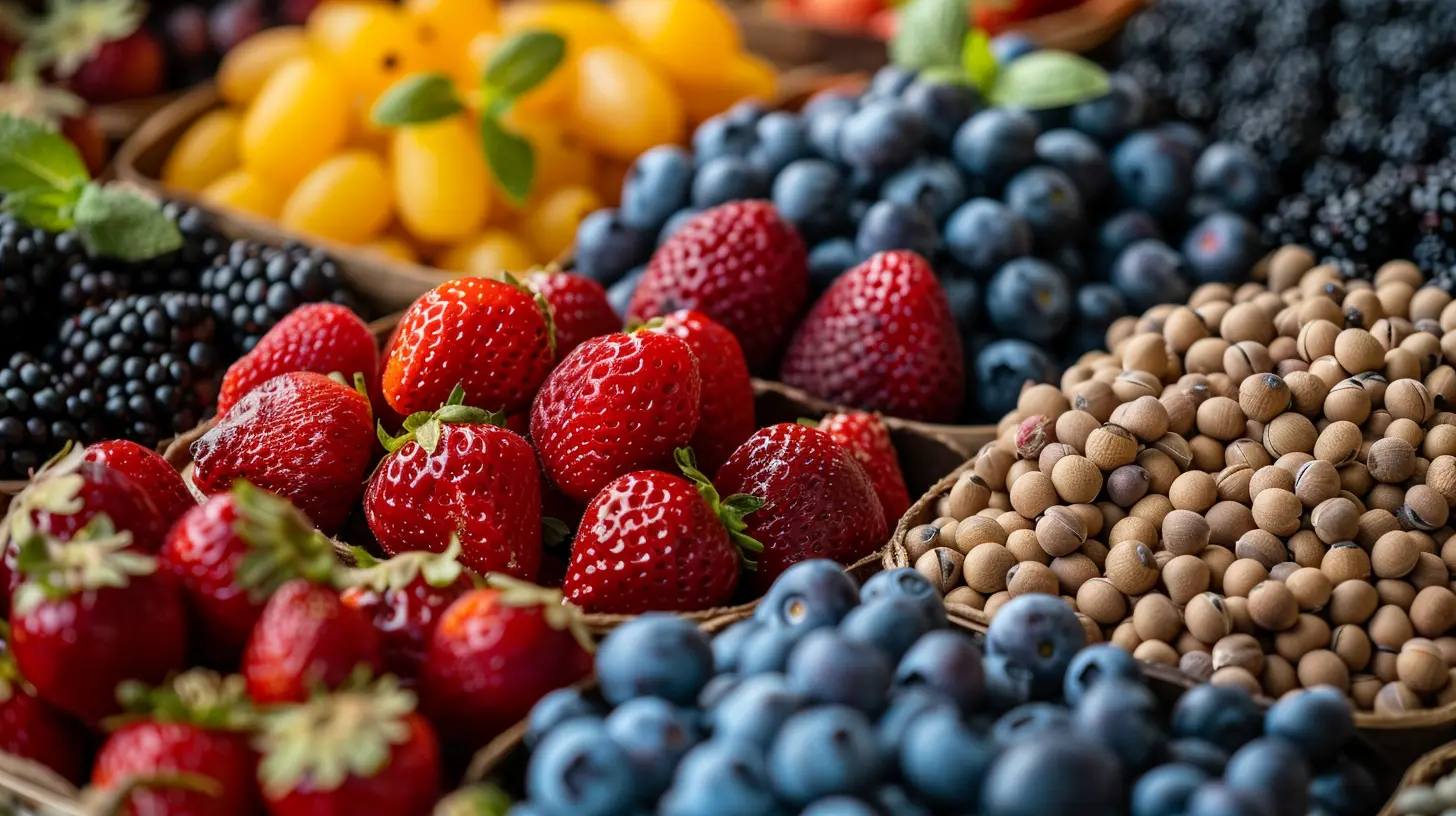How Fiber Supports Heart Health and Longevity
11 June 2025
When it comes to living a long, healthy life, you probably think about exercise, avoiding junk food, and maybe even reducing stress. But have you ever considered how fiber plays a huge role in keeping your heart strong and your body thriving?
Fiber is often praised for its digestive benefits, but its impact goes way beyond just keeping things moving in your gut. It can literally extend your life and keep your heart in top shape. Let’s talk about why fiber is like the unsung hero of heart health and longevity. 
What Is Fiber, and Why Should You Care?
Fiber is a type of carbohydrate that your body can’t digest. Unlike other carbs that break down into sugar, fiber passes through your system mostly intact, doing all sorts of amazing things along the way.There are two main types of fiber:
1. Soluble fiber – Dissolves in water and forms a gel-like substance that helps lower cholesterol and stabilize blood sugar.
2. Insoluble fiber – Doesn't dissolve in water and helps keep your digestive system running smoothly.
Both types are important, but when it comes to heart health, soluble fiber is the real MVP. It helps lower bad cholesterol (LDL) and keeps your arteries clear, reducing the risk of heart disease. 
How Fiber Keeps Your Heart Healthy
Your heart is like the engine of your body—it works nonstop to keep everything running. And just like a car needs good fuel and maintenance, your heart needs the right nutrients to function properly. Here’s how fiber plays a major role:1. Lowers Bad Cholesterol (LDL)
High LDL cholesterol is one of the biggest culprits behind heart disease. It can build up in your arteries and lead to blockages, increasing the risk of heart attacks or strokes.Soluble fiber, found in foods like oats, beans, and apples, binds to cholesterol in your digestive system and helps remove it before it enters your bloodstream. Think of fiber as a cleanup crew, scrubbing away the bad stuff before it can cause damage.
2. Keeps Blood Pressure in Check
High blood pressure (hypertension) puts extra strain on your heart, making it work harder than it should. Over time, this can lead to serious heart problems.Eating fiber-rich foods can help lower blood pressure by improving blood vessel function, reducing inflammation, and promoting overall heart health. Potassium-rich, fiber-packed foods—like bananas, sweet potatoes, and leafy greens—work wonders in keeping your blood pressure at a healthy level.
3. Reduces Inflammation
Chronic inflammation is like a slow-burning fire that damages blood vessels and increases the risk of heart disease. Processed foods, too much sugar, and an unhealthy lifestyle can all contribute to this hidden danger.Fiber helps fight inflammation by feeding the good bacteria in your gut. A healthy gut microbiome plays a key role in reducing inflammation throughout your body, which in turn protects your heart.
4. Aids in Weight Management
Carrying excess weight—especially around your midsection—puts extra stress on your heart. Fiber helps with weight management by making you feel full longer, reducing mindless snacking and overeating.Since high-fiber foods take longer to digest, they help stabilize blood sugar levels, preventing those dreaded energy crashes that make you crave unhealthy snacks.
5. Improves Blood Sugar Control
Blood sugar spikes and crashes can take a toll on your heart over time. Diets high in refined carbs (like white bread and sugary snacks) can lead to insulin resistance, increasing the risk of type 2 diabetes—a major risk factor for heart disease.Soluble fiber slows down the absorption of sugar into the bloodstream, preventing those sharp spikes that can harm your arteries and organs. This makes fiber a great ally for anyone looking to manage blood sugar levels.
6. Reduces the Risk of Stroke
A high-fiber diet is linked to a lower risk of stroke, one of the most serious complications of heart disease. Fiber keeps your blood vessels flexible and helps reduce clot formation, ensuring proper blood flow to the brain.Studies have shown that for every 7 grams of fiber you eat per day, your risk of stroke drops by about 7%. That’s a pretty good reason to add more fiber to your plate! 
How Fiber Supports Longevity
When people talk about longevity, they're often referring to genetics, but the truth is, lifestyle plays a massive role. Eating a fiber-rich diet is one of the simplest ways to support a long, healthy life.1. Promotes a Healthy Gut
Your gut health is directly linked to your overall well-being. The trillions of bacteria living in your gut affect everything from digestion to immune function and even brain health.Fiber acts as food for these beneficial bacteria, helping them flourish and keep harmful microbes in check. A well-balanced gut microbiome has been linked to a reduced risk of chronic diseases, including heart disease, cancer, and Alzheimer’s.
2. Reduces Risk of Age-Related Diseases
Fiber doesn’t just protect your heart—it also lowers the risk of other age-related conditions like type 2 diabetes, obesity, and certain cancers. A diet high in fiber has been associated with a longer lifespan and better quality of life in older adults.3. Boosts Energy and Vitality
Ever feel sluggish after a meal heavy in processed carbs? That’s because refined foods cause energy crashes. Fiber-rich foods provide a steady source of energy, keeping you feeling vibrant and active throughout the day.More energy means more motivation to stay active, engage in social activities, and enjoy life to the fullest—all key factors in longevity. 
High-Fiber Foods to Add to Your Diet
Now that you know how fiber can support heart health and longevity, let’s talk about how to get more of it in your daily meals.Here are some fiber-packed foods to add to your plate:
Fruits
- Apples- Berries (strawberries, blueberries, raspberries)
- Pears
- Bananas
- Oranges
Vegetables
- Carrots- Broccoli
- Spinach
- Kale
- Sweet potatoes
Legumes & Beans
- Black beans- Chickpeas
- Lentils
- Kidney beans
- Peas
Whole Grains
- Oats- Brown rice
- Quinoa
- Whole wheat bread
- Barley
Nuts & Seeds
- Chia seeds- Flaxseeds
- Almonds
- Walnuts
- Sunflower seeds
Simple Ways to Eat More Fiber
Adding more fiber to your diet doesn’t have to be complicated. Here are some easy tips:- Swap white bread for whole grain.
- Start your day with oatmeal or a high-fiber cereal.
- Snack on fruits, nuts, or veggies.
- Add beans to soups, salads, or tacos.
- Use brown rice instead of white rice.
- Blend chia or flaxseeds into smoothies.
Making small changes can have a huge impact on your heart health and overall well-being.
Final Thoughts
Your heart works hard for you every single day—why not give it the support it deserves? Eating more fiber is one of the easiest and most effective ways to lower your risk of heart disease, maintain a healthy weight, and promote longevity.So, the next time you're planning a meal, think about how fiber can be your best ally for a longer, healthier life. Your future self will thank you!
all images in this post were generated using AI tools
Category:
Fiber Rich DietAuthor:

Holly Ellison
Discussion
rate this article
2 comments
Graham Riggs
Embracing fiber in our diets is a simple yet powerful step towards a healthier heart and longer life. Let's celebrate the delicious foods that nourish our bodies and support our well-being! Small changes can lead to remarkable results—let’s prioritize our heart health together and thrive for years to come!
June 12, 2025 at 4:19 PM

Holly Ellison
Thank you for highlighting the importance of fiber! Celebrating delicious, fiber-rich foods is indeed a vital step toward heart health and longevity. Together, we can make impactful choices for our well-being!
Courtney McCloud
“Who knew fiber was the unsung hero of heart health? It’s like a superhero in your diet, fighting cholesterol and boosting longevity—all while keeping your digestive system happy. So go ahead, embrace the fiber; your heart (and gut) will thank you!”
June 11, 2025 at 3:34 PM

Holly Ellison
Thank you! Fiber truly is a powerhouse for heart health and overall well-being. Embracing it is a win for both your heart and gut!


